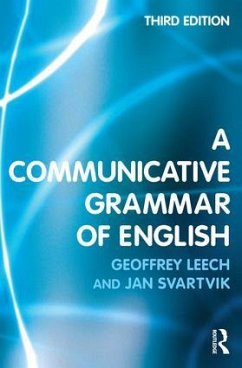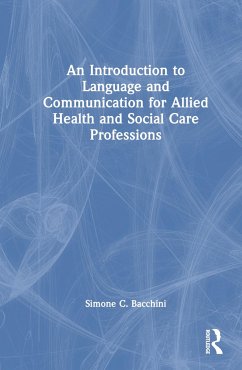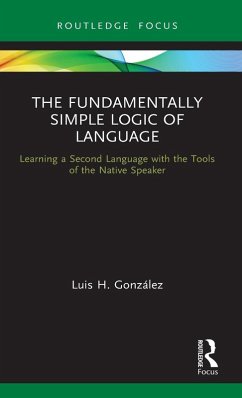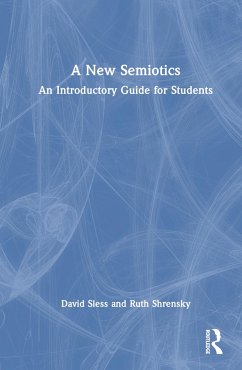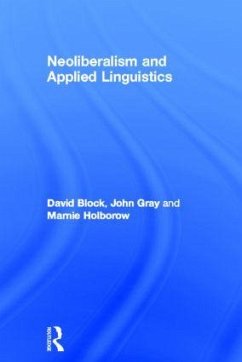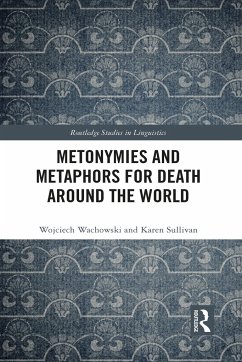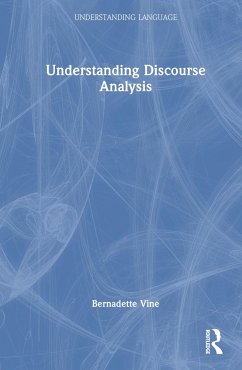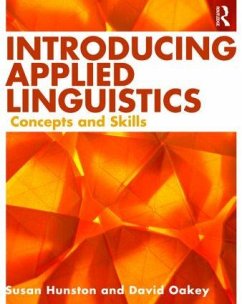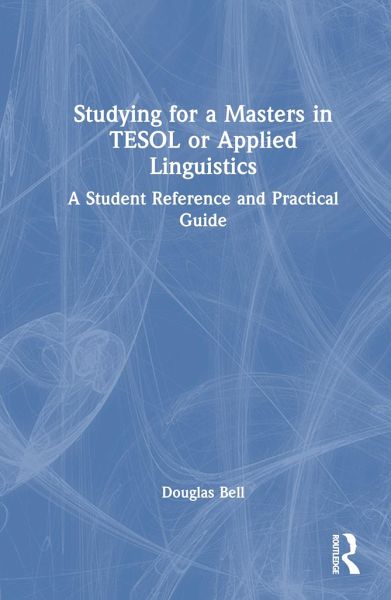
Studying for a Masters in TESOL or Applied Linguistics
A Student Reference and Practical Guide
Versandkostenfrei!
Versandfertig in 1-2 Wochen
171,99 €
inkl. MwSt.
Weitere Ausgaben:

PAYBACK Punkte
86 °P sammeln!
Studying for a Masters in TESOL or Applied Linguistics provides the definitive go-to text for all students studying an MA in TESOL or Applied Linguistics, as well as closely related degrees such as an MA in English Language Teaching.





